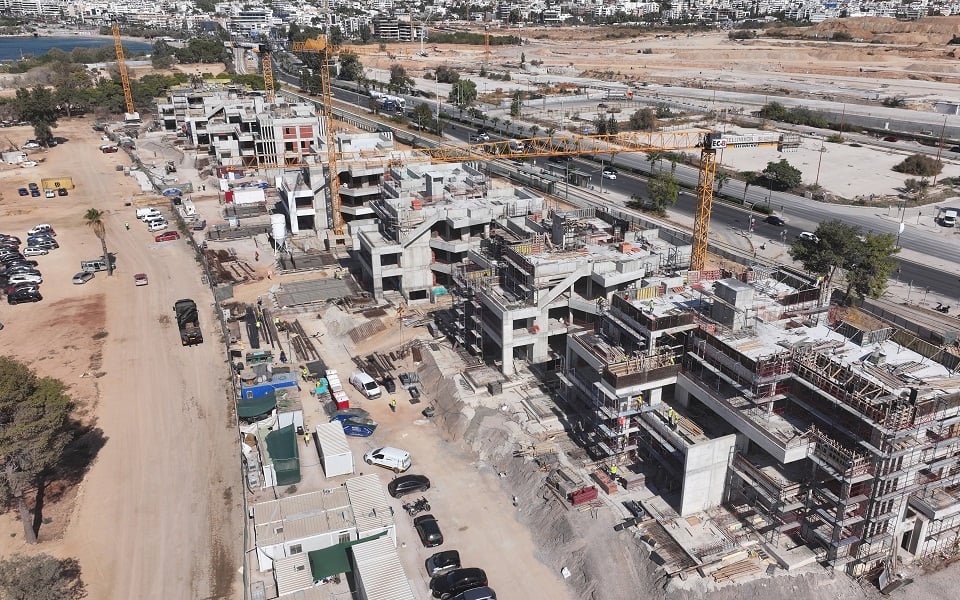Bureaucracy and chronic problems continue to delay the smooth implementation of public projects, while worker shortages keep plaguing large groups, which find that the solution of importing people from abroad is neither easy nor sustainable.
At the same time, the gap in infrastructure remains significant, as the losses from the economic crisis, when construction activity collapsed, have not yet been covered.
According to what Dinos Benroubi, vice president and CEO of METKA, said at the recent Economist conference “Greece Transportation & Infrastructure Summit,” Greece has an infrastructure gap corresponding to 2% of GDP, which translates into an investment need of 6-8 billion euros per year. In this context, the government’s recent initiative to boost the Public Investments Program by €500 million is considered particularly important.
Earlier this week, Antonis Mitzalis, Avax Group’s executive adviser, stated that “all the group’s projects are progressing, without any issues regarding personnel.” However, according to him, the greatest challenges are in Attica, as outside it’s easier to find subcontractors and crews to work on a large project. In Attica, where the projects are numerous and mainly of a private nature, led by the Elliniko development, the challenges are greater.
Anastasios Aranitis, director-general of the Aktor Group, said that “construction companies are at a fortunate juncture, as they have a monstrous backlog ahead of them which they are called upon to implement for the first time in a very short period of time. However, needs should be prioritized in order to address challenges, such as finding resources and workers.” According to him, “you cannot, for example, bring people from abroad to work on a project. You’d have to build a settlement on the construction site to house them and it takes two years to achieve that.”
Terna CEO Christos Panagiotopoulos said that “Terna should carry out projects worth €2 billion per year, which means that it should also have support from the relevant ministries.” He also addressed delays in licensing: “We wanted, for example, to bring in labor from India and Egypt and the 180-day period was exhausted by the time we got to signing the license.”
